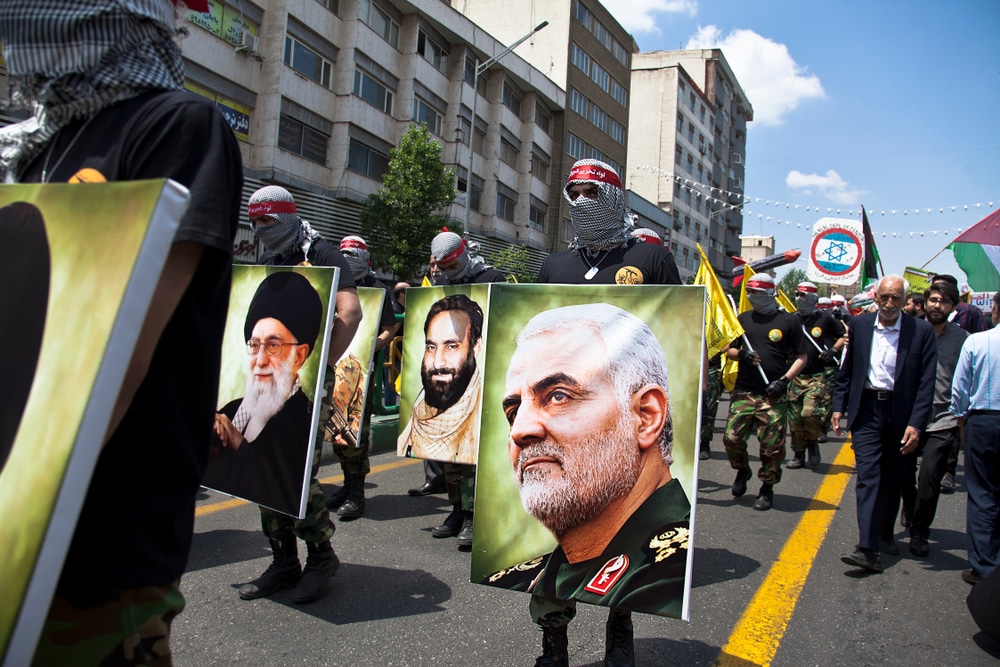As of April 5th, Israel and Iran have escalated their preparations and rhetoric amidst rising tensions. Israel’s Ministry of Health has directed hospital managers to increase staffing and blood supplies in anticipation of potential attacks. Additionally, Israel has called up reservists to enhance air defenses and increased its military presence along its borders with Lebanon and Syria. The country is also experiencing significant GPS jamming in Tel Aviv and Jerusalem, aimed at disrupting drone and missile guidance systems. Despite reports, the government denies the evacuation of missions, and the IDF has suspended home leave for its personnel indefinitely.
Iran, on its part, has vowed retaliation, particularly after an attack by Jäïšh àł-åd against its security forces, resulting in casualties. Iran alleges this group is backed by US, Saudi, and Israeli intelligence. The Iranian supreme leader and officials have issued statements promising a response to any Israeli actions.
“The Islamic Republic has Warned the United States not to fall into Netanyahu’s Trap, to Step Aside so as to not get Hit,” is what the Office of Iranian President, Ebrahim Raisi says was Expressed within a Written Statement recently Delivered to the United States following a… pic.twitter.com/i3kVk2Rk9x
— OSINTdefender (@sentdefender) April 5, 2024
The US has raised concerns about Iran preparing for a retaliatory attack, potentially involving drones and cruise missiles, and has placed its Middle Eastern forces on heightened alert. It has also warned Iran against targeting American assets.
U.S. Central Command and American Troops across the Middle East have been placed on High Alert in preparation for what is now expected to be a “Significant Retaliatory Attack” by Iran against Israel, which U.S. Official believe could potentially cause a Regional War to Breakout. pic.twitter.com/FFrNNUUoFB
— OSINTdefender (@sentdefender) April 5, 2024
Recent intelligence indicates a large movement of Iranian-backed militias in Southwestern Syria, moving towards the Lebanese border and outskirts of Damascus. In response, Israel has temporarily closed 28 diplomatic missions and adjusted military deployments, including reducing forces in Gaza to make troops available for a potential direct attack from Iran. Israeli Defense Minister Gallant stated that Israel has deployed a multilayered defense system.
Iranian officials have informed the New York Times that their armed forces are on high alert, ready to respond directly to Israel to create deterrence against future strikes. Iran’s ambassador to the United Nations plans to engage with US media following Iran’s response, and militias tied to Iran are reportedly moving west of Damascus.
The situation remains fluid, with both nations indicating readiness to respond to perceived threats, and the international community closely monitoring developments.
Expanded Coverage:








